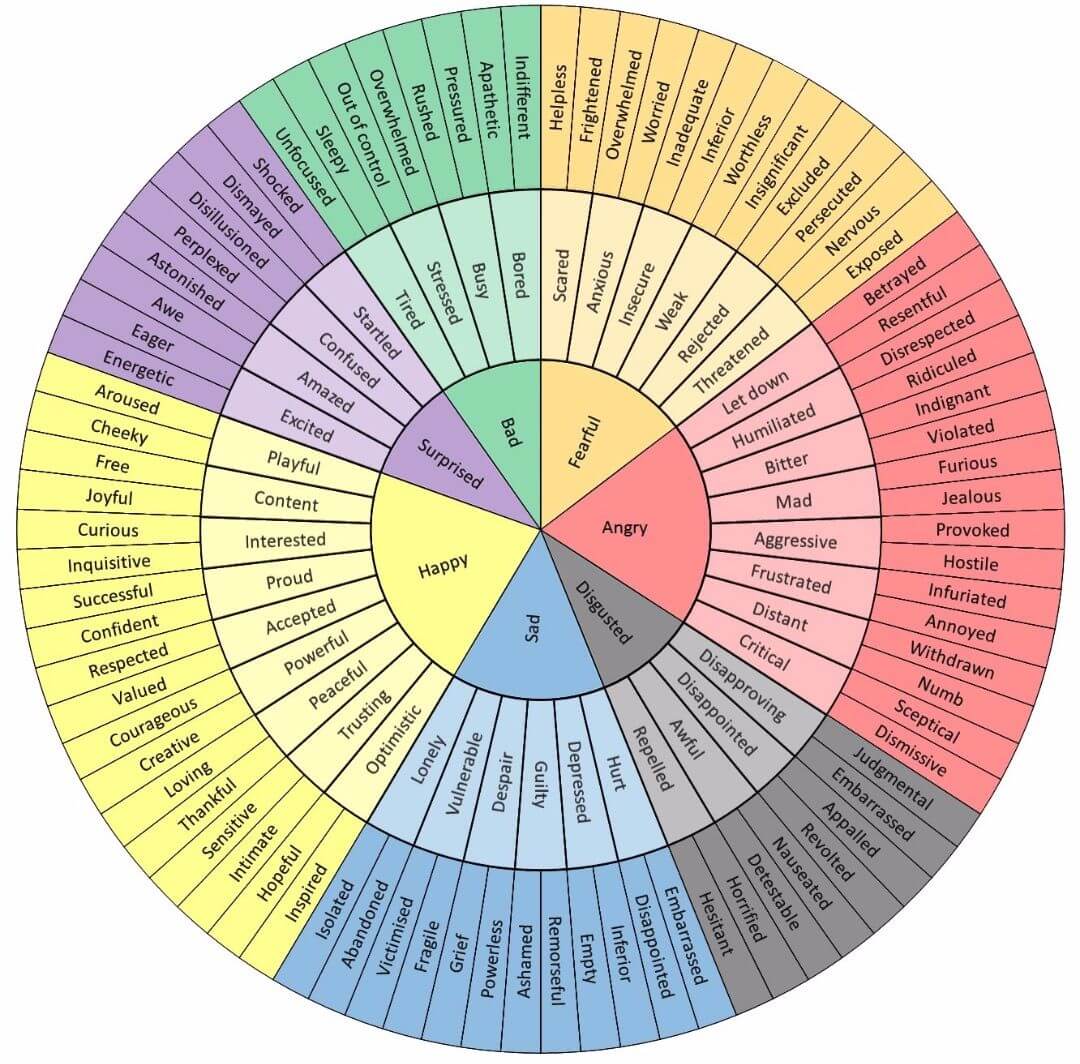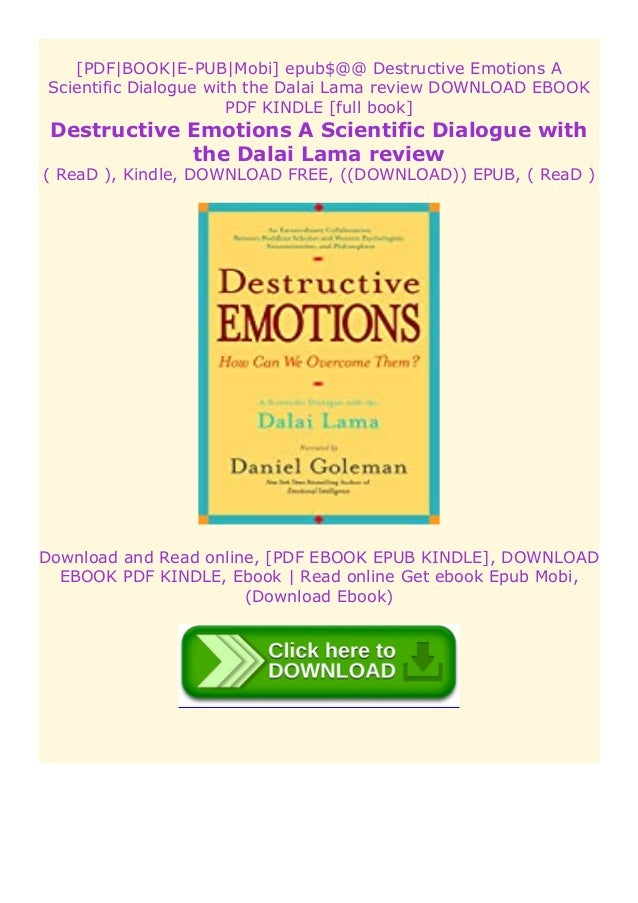Destructive Emotions: attachment, aversion, dullness, pride and envy—will, as a result of the practitioner’s training in the special, secret methods of tantric yoga, purify and eventually transform themselves showing an entirely different facet, this time positive and wholesome, called the Five. Self-destructive behavior is when you do something that’s sure to cause self-harm, whether it’s emotional or physical. Some self-destructive behavior is more obvious, such as. The Emotionally Destructive Relationship, Getting Over the Blues, (Har vest House) and How to Find Selfless Joy in a Me-First World, How to Act Right When Your Spouse Acts Wrong and How to Liv e Right When Your Life Goes Wrong (WaterBrook). You can reach Leslie through her web site at www.leslievernick.com or call her toll free at 1-610-298-2842.




- Davidson, Richard, and Sharon Begley. 2013. The Emotional Life of Your Brain. London: Hodder.Google Scholar
- Glover, Jonathan. 2001. Humanity: A Moral History of the Twentieth Century. London: Pimlico.Google Scholar
- Goleman, Daniel (ed.). 1997. Healing Emotions: Conversations with the Dalai Lama, on Mindfulness, Emotions and Health. Boston: Shambhala.Google Scholar
- Goleman, Daniel, and the Dalai Lama. (2003). Destructive Emotions: A Scientific Dialogue with the Dalai Lama. Macmillan.Google Scholar
- Krishnamurti, Jiddu. 2014. Reflections on the Self, new edn., ed. Raymond Martin. New York: KFI Publications.Google Scholar
Destructive Emotions Goleman Pdf
- Like all emotions, anger serves a purpose, typically alerting us that we are suffering from some form of distress. This is important, because although anger can be uncomfortable mentally and physically, it can also motivate us to address our underlying needs, desires, or perceived threats.
- Destructive emotions Owen Flanagan Duke University This paper discusses the problem of destructive emotions by comparing Eastern and Western assumptions about emotions. In the case of anger, for example, Eastern thinkers straightforwardly posit that it is entirely possible to cultivate attitudes in which anger is naturally absent.